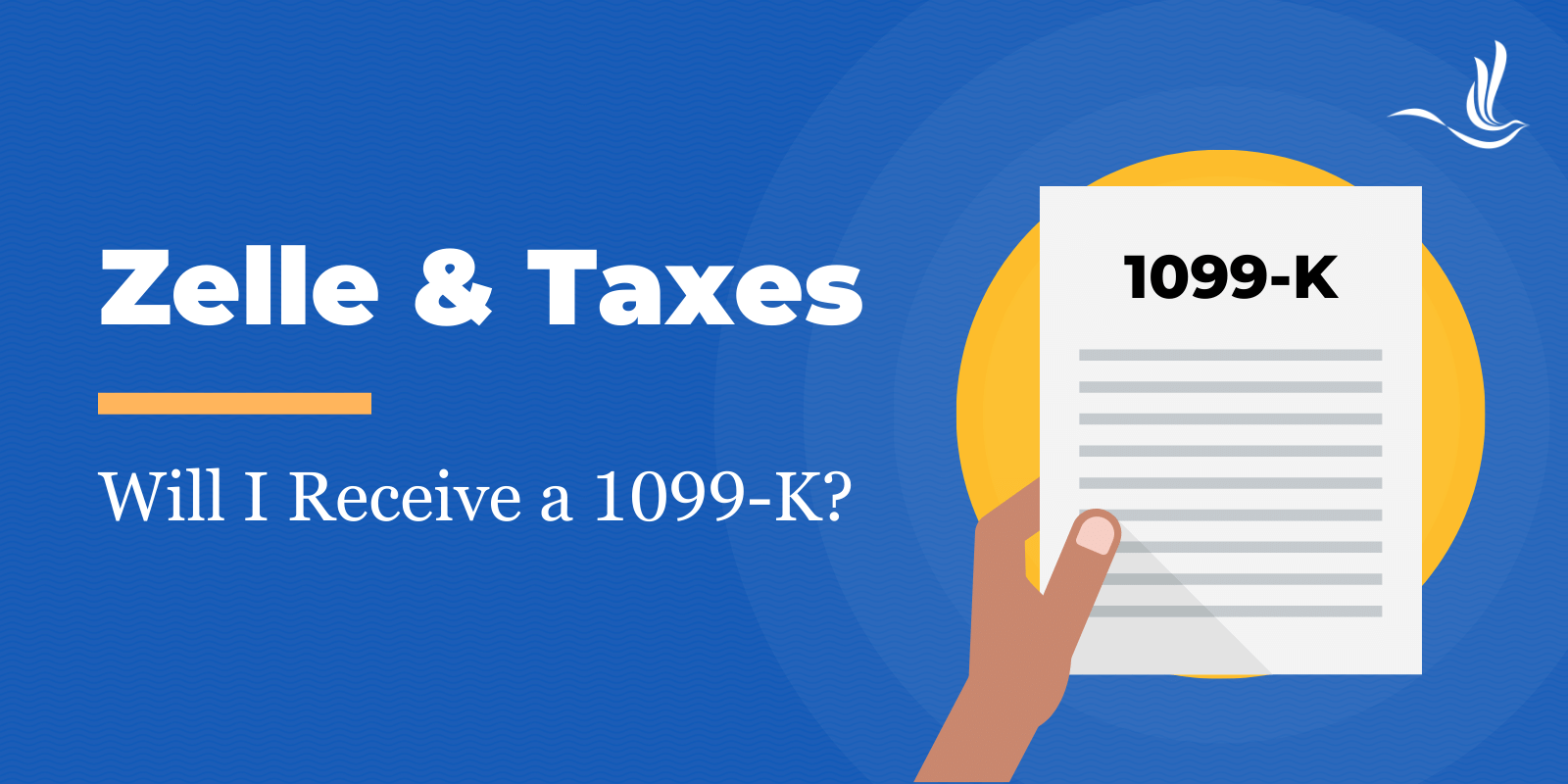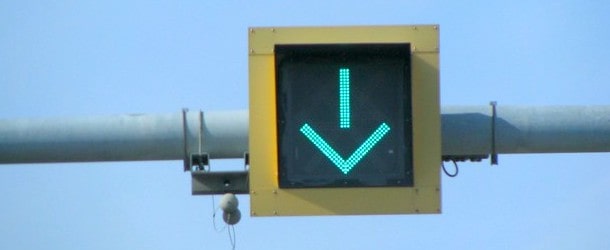Understanding how Zelle affects your taxes is crucial. This is especially true if you’re using the platform to receive payments for business, freelance, or gig work. With 1099-K reporting thresholds dropping in recent years, many wonder does Zelle report to the IRS? While many assume Zelle flies under the IRS’s radar, the reality is more nuanced. This article will walk you through what Zelle is, whether it reports to the IRS, and what your tax responsibilities are if you receive money through the platform.
What is Zelle?
Zelle is a peer-to-peer (P2P) payment service that allows users to send and receive money instantly through their bank accounts. It’s offered by most banks, including Bank of America, Capital One, JPMorgan Chase, Wells Fargo, U.S. Bank, and others. It allows users to send funds instantly and directly to other users, even if they do not have the same bank. All you need is the recipient’s email address or phone number to send money. Unlike PayPal or Venmo, which are third-party payment processors, Zelle is integrated directly into the mobile banking apps of participating banks and credit unions. If your bank supports Zelle, you can use it without paying transaction fees.
Peer-to-Peer Transfers Through Your Bank
One of Zelle’s distinguishing features is its direct bank-to-bank transfer system. When you send money via Zelle, you’re essentially initiating a wire-like transfer from your checking account to someone else’s. Because there’s no holding account or wallet (as with Venmo or Cash App), the funds typically settle almost instantly. This design makes Zelle a convenient option for sending money to friends or splitting bills. For many users, it feels less like a business tool and more like an informal cash exchange.
Do Zelle Users Receive Form 1099-K?
Unlike platforms such as PayPal, which hold your funds in an intermediary account before transferring them to your bank, Zelle doesn’t function as a third-party payment processor. That distinction is crucial from a tax perspective. Zelle doesn’t technically settle transactions in the way the IRS defines for third-party networks. That said, it’s not subject to the same information reporting requirements—at least not in the same way.
For example, PayPal, Venmo, and Stripe are required to issue a Form 1099-K to users who receive $2,500 or more, though this threshold is changing. Zelle, on the other hand, has publicly stated that it does not issue 1099-Ks. This leads many to assume the IRS has no visibility into Zelle transactions. That assumption, however, can lead to tax trouble.
Does Zelle Report to the IRS?
This is one of the most common questions, especially for small businesses or those with side hustles: Does Zelle report to the IRS? The short answer is no—Zelle does not directly report transactions to the IRS by issuing a Form 1099-K. But that doesn’t mean income received through Zelle is tax-free or exempt from reporting requirements.
Zelle has clarified that it does not issue Form 1099-K to users because it is not classified as a third-party settlement organization (TPSO) under IRS rules. According to the IRS, a TPSO is an entity that handles the settlement of payments between buyers and sellers of goods and services. Since Zelle simply facilitates direct transfers between financial institutions, it doesn’t meet the criteria. So, if you receive $5,000 in payments through Zelle for selling custom baked goods, you won’t get a 1099-K at the end of the year. But it’s absolutely crucial to understand that this income is still taxable.
Why You May Owe Taxes
The IRS requires taxpayers to report all income unless it’s specifically exempted by law. That includes income received through Zelle, regardless of whether you received a tax form. If you’re using Zelle for business transactions—say, clients pay you for freelance writing or consulting services—you’re expected to report those earnings as income on your tax return. Skipping this step simply because you didn’t receive a form can expose you to audit risks, penalties, and even back taxes with interest. Remember, the responsibility to report income lies with the taxpayer, not the payment platform.
When Do You Have to Report Zelle Payments?
Whether or not Zelle reports to the IRS, you are legally required to report income you earn through the platform. The real question is whether a particular transaction qualifies as taxable income.
Personal vs. Business Use
Not every transaction on Zelle is taxable. If your roommate Zelles you their half of the rent, or your friend reimburses you for concert tickets, those are personal transactions and not subject to tax. Similarly, gifts under the annual gift tax exclusion amount ($19,000 per recipient in 2025) are not taxable income to the recipient.
However, if you use Zelle to receive payments for goods sold or services rendered, that’s business income. For example, if you’re a hairstylist and a client pays you $100 via Zelle for a haircut, that amount should be included in your taxable income, even though Zelle doesn’t send you a 1099-K.
As of now, Zelle users won’t receive a 1099-K because Zelle isn’t required to issue them. However, third-party payment platforms like PayPal and Venmo will begin issuing 1099-Ks for users who receive over $2,500 in payments for goods and services in 2025, with the threshold scheduled to drop further to $600 in 2026. This shift is part of the IRS’s broader effort to close the so-called “tax gap” from unreported digital income. While Zelle remains outside this 1099-K reporting structure for now, don’t assume this will always be the case. Policymakers and regulators are actively discussing whether platforms like Zelle should be included in future revisions of the tax code.
What Happens If You Don’t Report Zelle Income?
Remember, just because you don’t receive a 1099-K for income earned, does not mean you are exempt from reporting your income to the IRS or paying taxes on it. The last thing you want is an IRS audit or worse: the IRS pursuing criminal charges for deliberate concealment of taxable income.
Audits and Penalties
The IRS may not see your Zelle transactions directly, but they can still audit your return based on other clues—especially if your income seems suspiciously low compared to your reported expenses or lifestyle. If the IRS determines you failed to report income intentionally, you could face penalties up to 75% of the unpaid tax, along with interest. In more serious cases, failure to report income can even be considered tax evasion, a criminal offense.
Digital Trails and Bank Records
Remember that Zelle is connected to your bank. If the IRS audits you and requests your bank records, those transactions are visible. Just because Zelle doesn’t issue tax forms doesn’t mean the IRS can’t find out what you’ve earned. It’s always better to be proactive and transparent.
Tax Help for Those Who Use Zelle and Other Third-Party Payment Apps
If you currently collect payments for your small business through Zelle, you will not receive a 1099-K. But beware that this does not mean you are off the hook when it comes to paying taxes. It means you have the additional responsibility of calculating the income earned through Zelle and reporting this income to the IRS during tax time. If you’re unsure whether a payment is taxable or need help sorting through dozens of Zelle payments, consider hiring a tax professional. A CPA or enrolled agent can help you navigate your responsibilities and minimize your tax liability legally. Optima Tax Relief is the nation’s leading tax resolution firm with over a decade of experience helping taxpayers with tough tax situations.
If You Need Tax Help, Contact Us Today for a Free Consultation
Publisher: Source link











